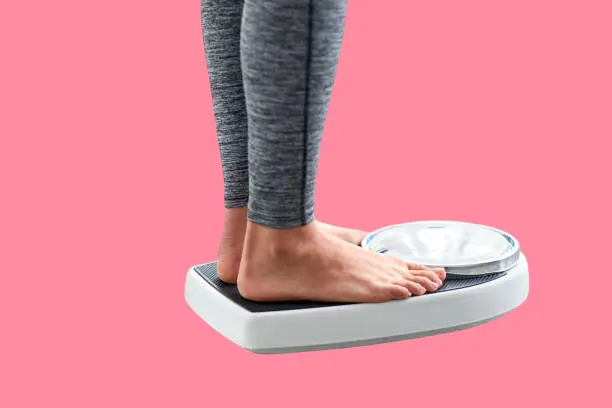During pregnancy and childbirth, women undergo profound physical and psychological changes that require a period of recovery and rebalancing. Restoring the body's fitness after childbirth is not just a cosmetic goal, but rather part of enhancing overall health and the ability to function efficiently in daily life.
By following well-thought-out health steps, every woman can begin the journey to returning to her ideal weight in a safe and sustainable manner.
Psychological Preparation for Postpartum Physical Changes

Accepting the body after childbirth is the first step toward positive change. This can be achieved through:
- Avoiding comparison of one's body to others.
- Recognizing that recovery is a gradual process.
- Boosting self-confidence and appreciating the body's efforts during pregnancy and childbirth.
Breastfeeding as an Effective Way to Support Weight Loss
Breastfeeding helps burn calories and supports the recovery process by:
- Burning 300 to 500 calories daily.
- Accelerating uterine contraction and return to its normal size.
- Contributing to gradual hormone regulation.
The Importance of Balanced Nutrition in the Postpartum Period
Healthy nutrition promotes recovery and supports the body in regaining balance through:
- Focusing on foods rich in vitamins and minerals.
- Avoiding foods high in sugars and saturated fats.
- Embracing regular, balanced meals.
The role of hydration in accelerating metabolism and recovery
Drinking adequate amounts of water is essential to support vital functions through:
- Drinking 8 to 10 glasses daily.
- Reducing fluid retention.
- Reducing feelings of hunger and improving concentration and energy.
Incorporating moderate physical activity into your daily routine
Light activity is a foundational foundation for returning to fitness through:
- Daily walking for 20–30 minutes.
- Stretching exercises and gradual muscle movement.
- Consulting a physician before starting any exercise program.
The Effect of Adequate Sleep on Weight and Hormonal Stability
Good sleep contributes to hormonal balance and improved mood through:
- Trying to sleep when the baby sleeps.
- Reducing physical and emotional stress.
Avoiding long nights and excessive use of devices. Gradual Return to Exercise
Regular exercise after recovery builds muscle strength and improves fitness by:
- Starting with light postpartum exercises.
- Strengthening the abdominal and pelvic floor muscles.
- Gradually increasing the duration and intensity of exercise.
Measuring progress based on multiple indicators, not just weight

Focusing on different metrics provides a more accurate picture of progress by:
- Using measurements and photos as a tracking tool.
- Monitoring energy levels and overall activity.
- Paying attention to improving mental and physical well-being.
The importance of social support in enhancing commitment and motivation
Support from family or friends helps overcome challenges by:
- Sharing challenges with a partner or friend.
- Joining support groups for mothers.
- Asking for help when needed without hesitation.
Flexibility in daily routines while maintaining goals
The ability to adapt to daily life changes without losing direction by:
- Adjusting the daily schedule based on the child's needs.
- Setting aside time daily for self-care.
- Dealing with obstacles realistically without beating yourself up.
Article Summary
Restoring your ideal weight after giving birth requires long-term commitment and acceptance of gradual change.
Through a combination of proper nutrition, moderate physical activity, and psychological and social support, a healthy and balanced lifestyle can be achieved. Most importantly, the mother should prioritize her health and psychological well-being without stress or rush.